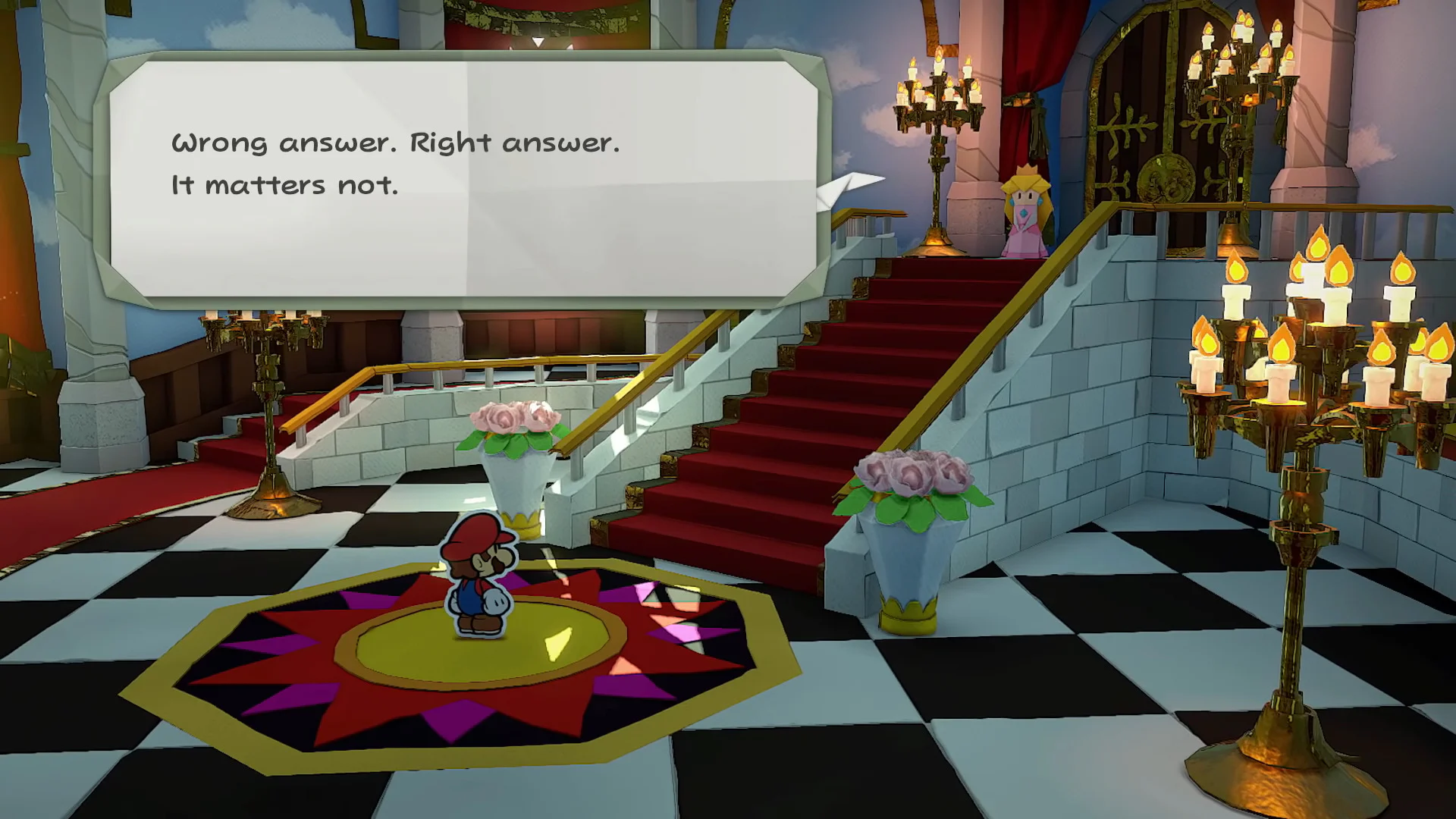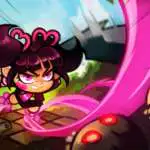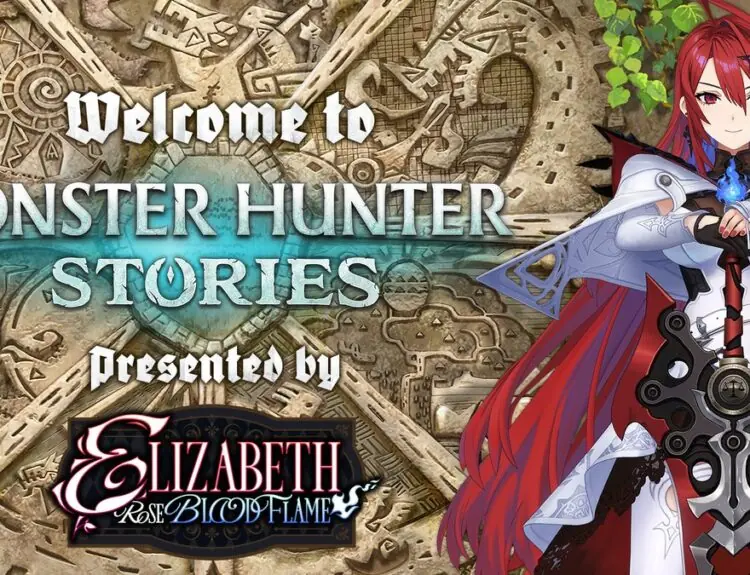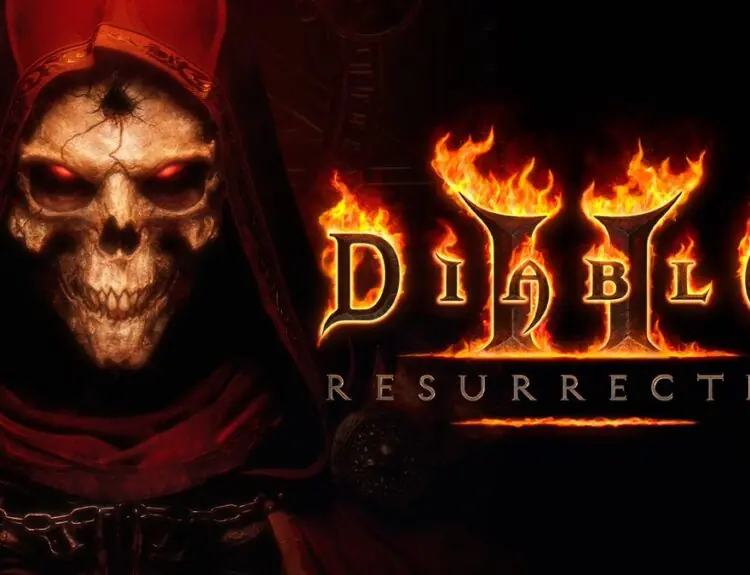If you ever want to find out who is in charge, you need to find out what you aren’t allowed to criticize. Or, in the case of China, find out what words they end up removing so the extremely sensitive politicians running the eastern nation into the ground don’t get their delicate feelings hurt.
It was recently revealed that Paper Mario: The Origami King has bizarre phrases censored out in the Chinese release that is removing the fundamentals driving idea behind Paper Mario, and to a greater extent, the Mario franchise as a whole.
The two words that have been revealed thus far to be removed from the Chinese edition are human ‘rights’ and ‘freedom’, as Toad requests the help from the derring-do plumber to release the citizens of the world from a sudden oppressive dictatorship that is pushed by The Origami King.
The irony is rich enough to taste.
In multiple releases of Paper Mario: The Origami King, Toad states ‘Toads have rights, Toads want freedom’.
In the Chinese release, Toad states ‘Toads want peaceful lives’.
https://twitter.com/ShawTim/status/1286667479188529152
An interesting look at the overall ideal that is guiding China at the moment, where freedom and personal rights are expected to be exchanged for the citizens to live in what the Chinese government presumes to be ‘peace’.
We’ll bypass the low-hanging fruit of China running slave camps and committing genocide against hundreds of thousands indigenous peoples while forcing them to work in labor camps that multiple corporations allegedly directly benefit from, and instead focus on the amount of power that China is rapidly gaining over video games and media as a whole.
In Total War: Three Kingdoms, a title by Creative Assembly that focuses on the Romance of the Three Kingdoms which was a fourteenth century novel by Luo Guanzhong which focuses on the Han Dynasty and China being ripped apart as three kingdoms vie for power, multiple phrases were censored out by Creative Assembly; a move that many note smells of the Chinese government directly controlling what is allowed.
Devotion was a Taiwanese psychological-horror title that was almost impeccable in delivery and performance; then China found out that it referenced the amusing Chinese President Xi Jinping as Winnie the Pooh, and Steam quickly removed the title a mere seven days after it was released to critical acclaim.
Steam themselves, while the darling of the PC gaming industry, have shown themselves to be more than complicit in censoring works coming from Hong Kong developers that paint China’s political corruption and acts against humanity in a negative light; while they continue to publish titles that depict children in sexual situations.
Blizzard has also been in hot water with the Blitzchung controversy; a Hong Kong resident won a Hearthstone tournament and offered a message of solidarity to the Hong Kong protestors; he was quickly removed from professional play and his winnings were not going to be delivered until internet outcry proved to be a formidable force.
The underlying issue it that we have a massive number of companies that directly influence the gaming industry, and they’re all more than eager to kowtow for China’s absurd requests, as though removing the possibility to name a land Tibet in Three Kingdoms means that Tibet doesn’t exist, or that rephrasing Toads plea for help means that Chinese citizens won’t have a deeply-rooted fundamental desire for freedom.
Without any of the companies willing to take a stand against the censorship that China is levying, while Tencent wraps its arms around an ever-increasing number of developers, this is only the beginning. It’s becoming an out of control issue that is white-washing severe social issues, all to the tune of a few extra dollars for the corporations complicit in the censorship. Seeing all of these ‘brave acts of solidarity’ as these studios attempt to side with the BLM, while clearly positing that no one matters except for profits, leaves a poor taste in the mouth.







